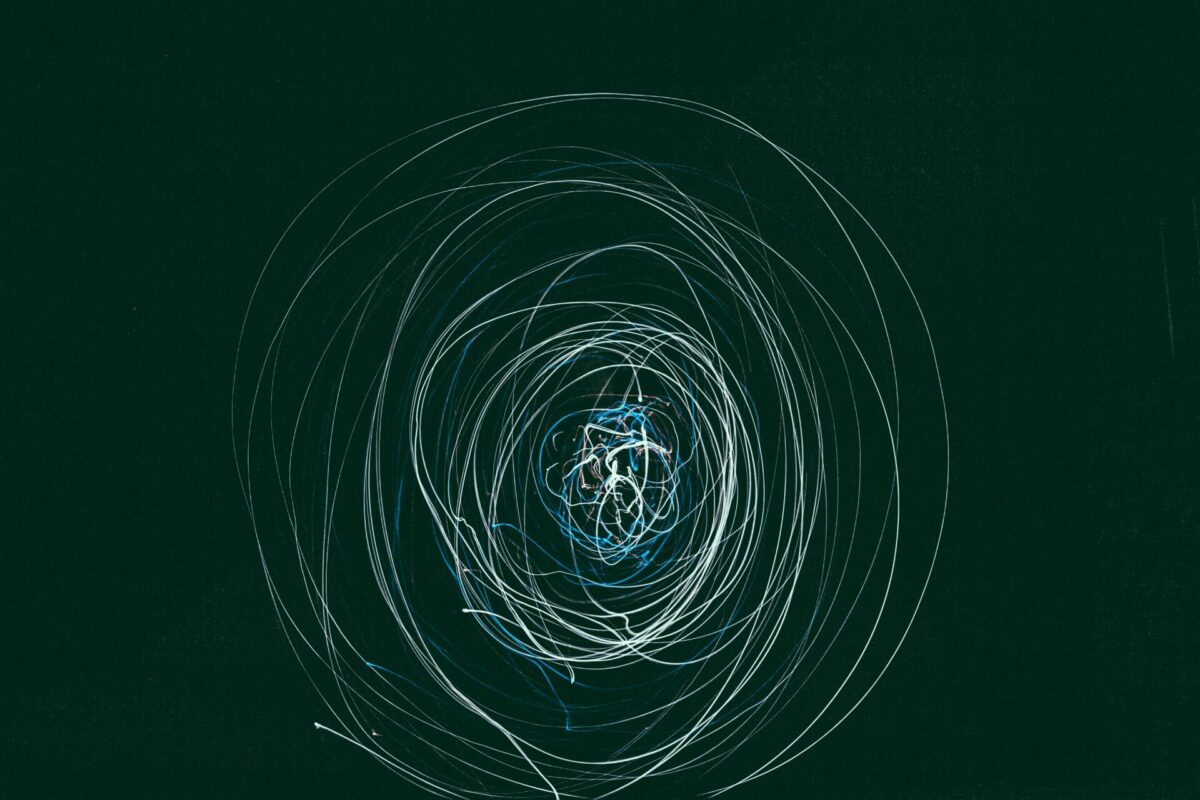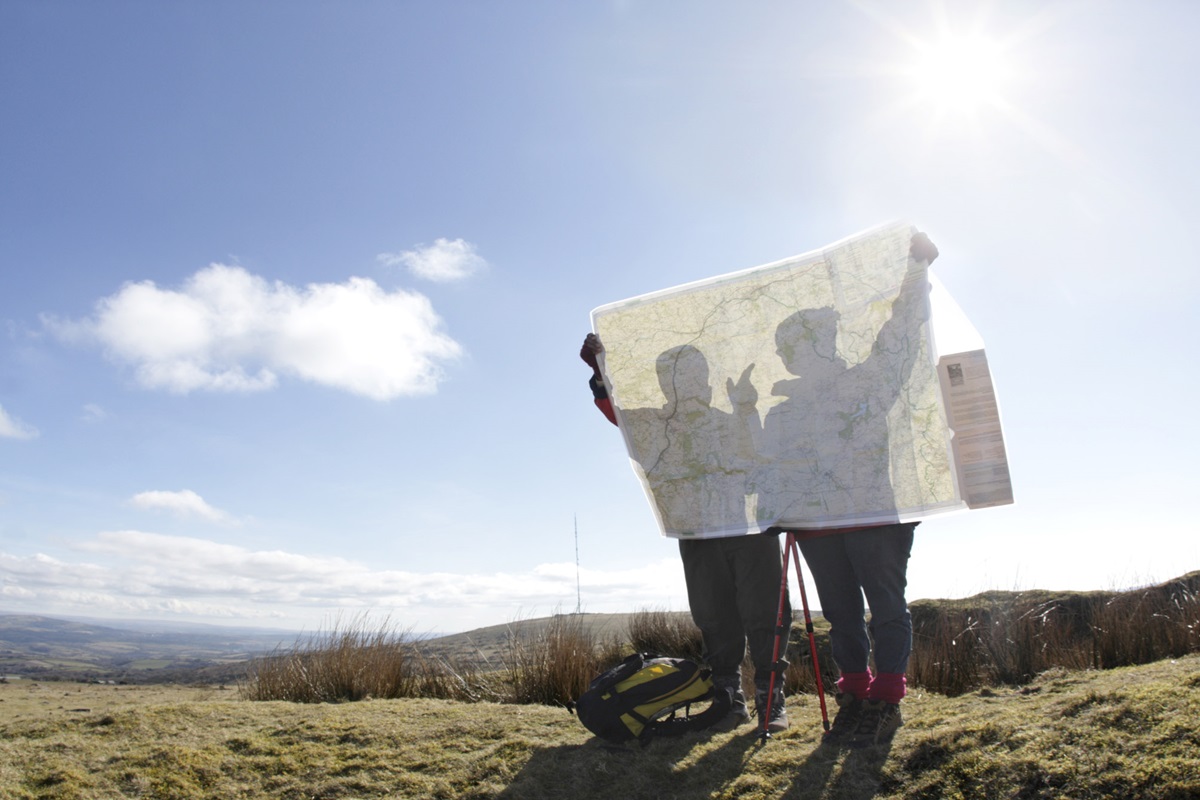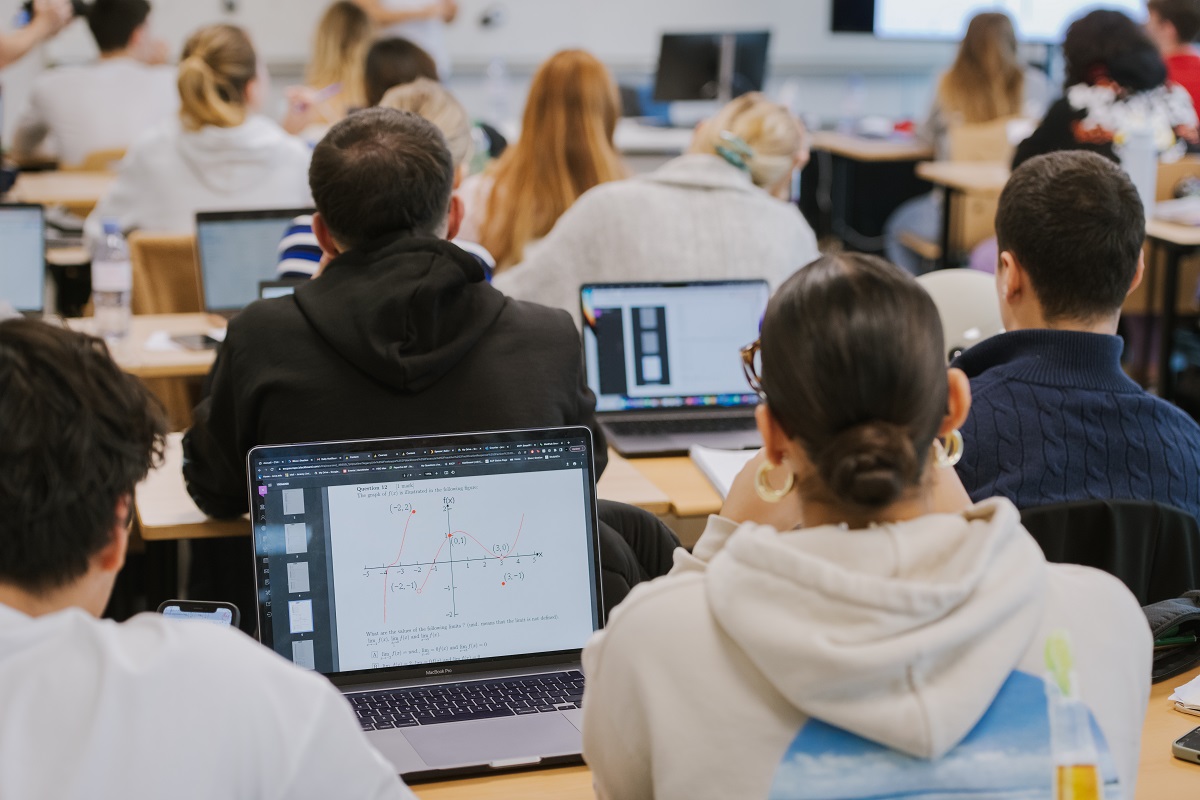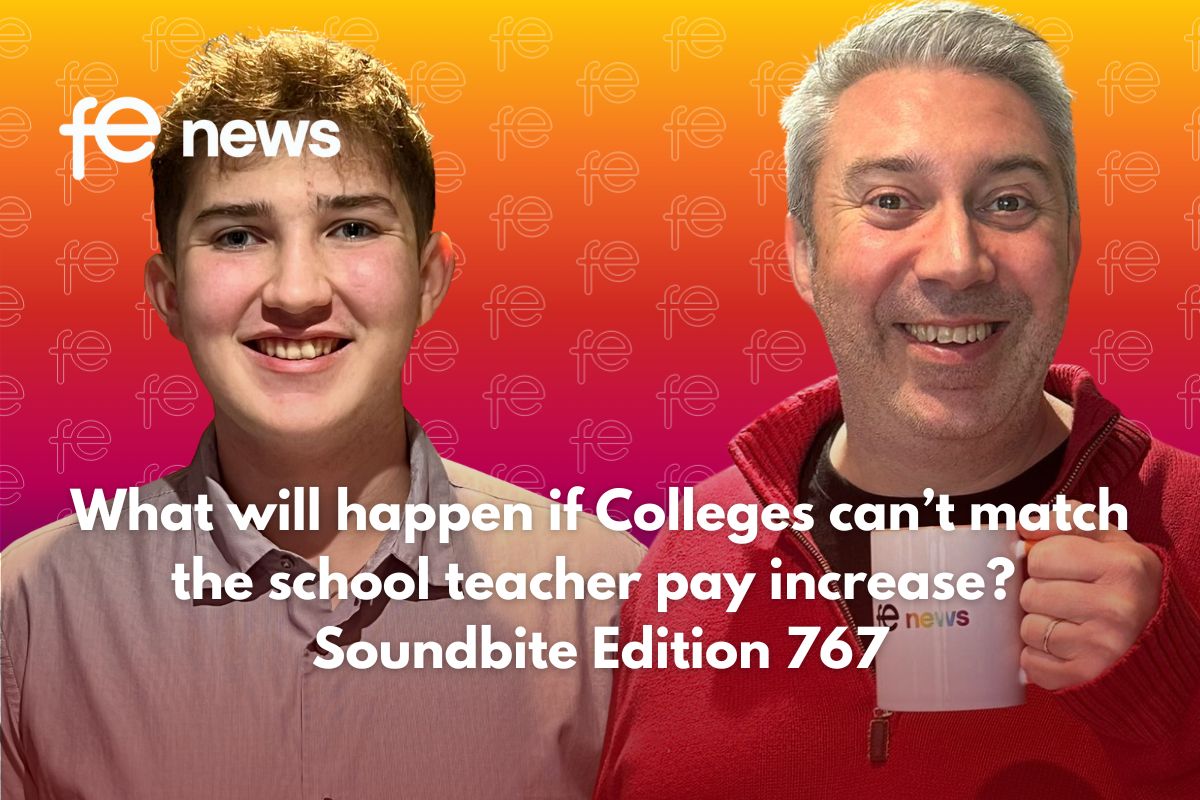Jacobs Foundation awards 2 million Swiss francs to the Center for learning and living with AI (CELLA)

International leading research teams around the globe will work to equip young learners to learn, live, and work in the age of artificial intelligence (AI)
The Jacobs Foundation has awarded a grant of CHF 2 million (€1.9 million) to Professors Sanna Järvelä and Inge Molenaar at the University of Oulu, Finland and Radboud University, the Netherlands, to set up a global collaborative research center – Center for Learning and Living with AI (CELLA) – to equip young learners to learn, live, and work in the age of AI. The international center will bring together global leaders in learning and educational sciences, learning analytics and artificial intelligence with the aim to provide research to help the development of AI driven learning technologies that ensure children’s wellbeing. The CELLA center is joined by the Technical University of Munich in Germany (Prof. Maria Bannert), Monash University in Australia (Prof. Dragan Gasevic) and University of Central Florida in the United States (Prof. Roger Azevedo).
The use of AI-driven learning technologies is becoming common practice in the daily lives of children at school, with a staggering $20.1 billion raised for the edtech industry in 2021, and it influences their learning. Due to the lack of large-scale research as well as the wide variety of available technologies, its influence is not always clear. The combination of technical and pedagogical innovation in schools is needed to ensure a positive impact on pupils. CELLA researchers will engage in co-creation with secondary schools and Edtech entrepreneurs around the globe to support the development of intelligent learning technologies, such as online adaptive systems and game-based learning with virtual reality (known as VR) and augmented reality (AR).
The background to this project is that young students need to learn how they control and monitor their own learning so as to be able to allow AI to effectively empower them. Known as self-regulated learning, it is a critical skill for children living and learning in the era of AI. Professor Sanna Järvelä says: “CELLA enables us to leverage on our extensive research on self-regulated learning to shape the future of AI driven learning technologies and help children’s learning.”Research in CELLA will focus on the development of young students’ self-regulated learning skills to support life long learning and successful living with AI. Professor Inge Molenaar says that “this is a unique opportunity to forward our research into Edtech solutions that will really benefit learners ”.
Later this month, CELLA will begin its activities thanks to the Zurich-based Jacobs Foundation. With its Strategy 2030, the Jacobs Foundation has committed CHF 500 million to advancing learning and education around the globe over the next 10 years. CELLA is one of three learning technology initiatives the foundation hopes will change the fortunes of children by leveraging new technologies and improving the digital world.
“Rigorous science needs to play a key part in how learning technologies are designed and deployed,” said Simon Sommer, co-CEO of the Jacobs Foundation.
The CELLA centre will also collaborate with the Connecting the EdTech Research EcoSystem (CERES) research facility at University of California Irvine (UCI) in the United States– a sister network supported by the Jacobs Foundation to push forward an evidence based development of technology use in education.











Responses